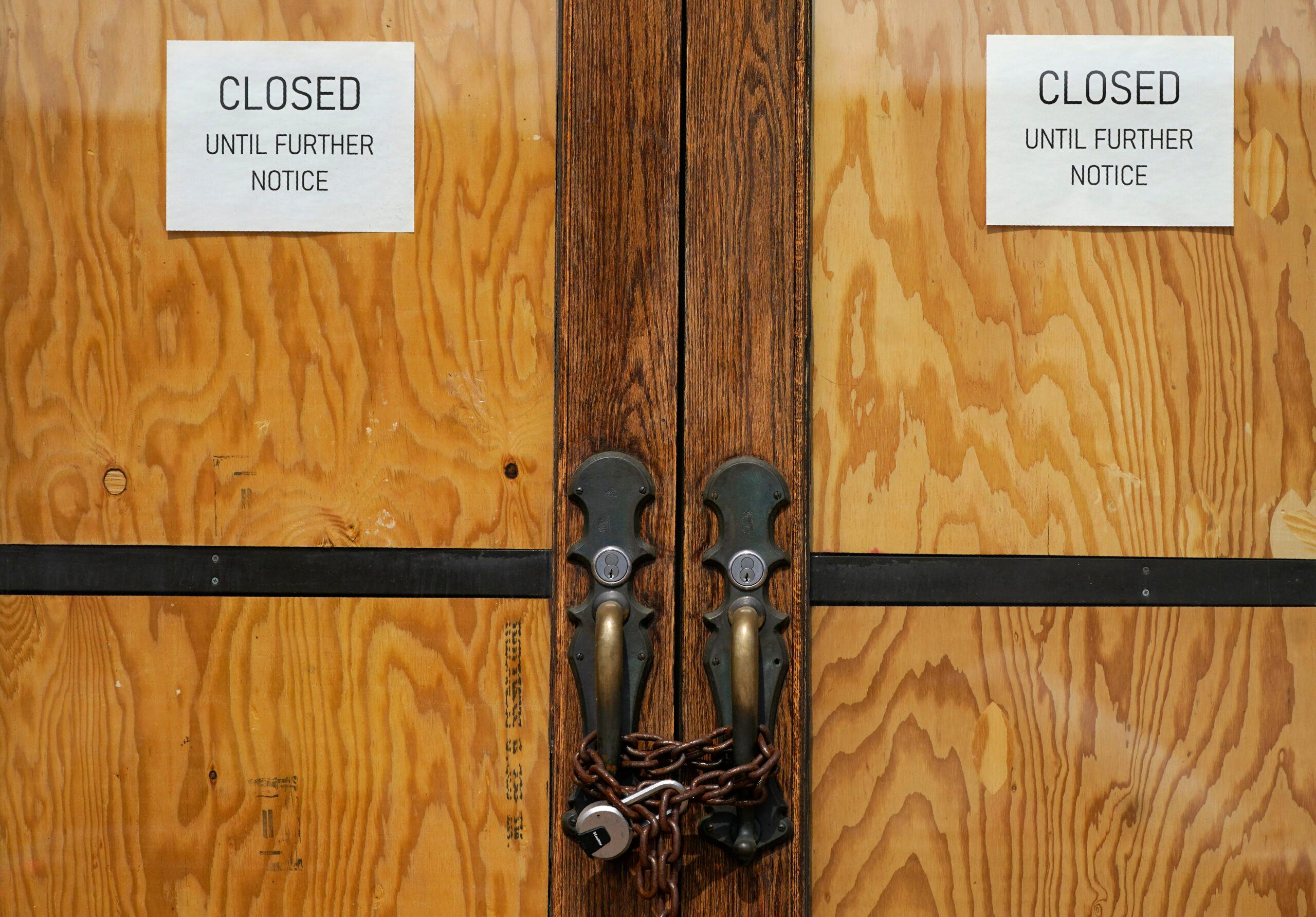
The state government will send one-time payments of $375 to about 430,000 people starting on Tuesday. Gov. Jared Polis ordered the payments as a miniature economic stimulus.
The payments will go out to people who received unemployment benefits during the pandemic between Mar. 15, 2020 and Oct. 24, 2020, including independent workers enrolled in the Pandemic Unemployment Assistance program.
But Colorado's new bonus payments exclude people with higher incomes if they qualified for more than $500 in base unemployment benefits per week. In all, about 49,000 people were disqualified for that reason.
The state labor department will issue the $375 payments to the bank accounts or ReliaCard accounts it has on record for individuals. Officials encouraged people to update their contact information on the MyUI portal.
The one-time bonus comes just as many people brace for a hard pandemic winter. A new round of layoffs is hitting because a spike in virus cases has brought on new restrictions, and the safety net of federal benefits is fraying as unemployment benefits and other stimulus measures start to expire.
Which unemployment benefits are expiring, and when?
The Pandemic Unemployment Assistance program expires the week of Dec. 26.
PUA is the federal unemployment program, created in the spring, that provided benefits to gig workers, independent contractors and self-employed people.
The program was created with the CARES Act, and it will stop paying benefits across the U.S. at the end of the year, unless Congress acts. Roughly 80,000 people are enrolled in PUA in Colorado.
All extended unemployment benefits will expire the week of Dec. 26.
When that happens, anyone who has received more than 26 weeks of unemployment will stop receiving benefits.
That's happening because 26 weeks is the "base" period for unemployment. During the pandemic, the federal government funded an additional 13-week extension, called Pandemic Emergency Unemployment Compensation. But PEUC is expiring at the end of the year, meaning that the maximum benefit period will go back down to 26 weeks.
Another extension, known as State Extended Benefits, has already expired.
About 60,000 people in Colorado are already on extended benefits and will lose them by the end of the year. PUA and extended benefits make up well over half of current weekly unemployment payments in Colorado. Extending benefits would likely require an act of Congress. Nearly 40 weeks have already passed since Colorado first implemented COVID-19 restrictions.
The federal moratorium on evictions is set to expire on Dec. 31.
It could be extended by the Centers for Disease Control, even if Congress does not act. Gov. Jared Polis also could extend Colorado's limits on eviction. But if the moratorium expires, landlords could soon move to collect back rent and remove tenants for nonpayment.
Temporary relief for federal student loans is set to expire Dec. 31.
The CARES Act and an order from President Donald Trump allowed some student loan holders to temporarily delay payments, known as "forbearance." The U.S. Department of Education also ordered a stop to collection calls on federal student loan debt.
Federal requirements for paid sick leave expire on Dec. 31.
The Families First Coronavirus Response Act, or FFCRA, temporarily required that some employers provide up to two weeks of paid leave related to COVID-19 symptoms and quarantines, along with 10 weeks of paid leave when children's schools are closed. The federal law applied to employers of fewer than 500 people.
However, a new state law effective in 2021 will require some companies to provide some paid sick leave. Starting Jan. 1, companies with more than 16 workers will have to provide at least one hour of paid sick leave for every 30 hours worked. The law also requires additional paid sick leave during public health emergencies like the pandemic.
In addition to all of this, state lawmakers are working this week on a smaller, Colorado-based stimulus package that could help bridge the gap for some people and businesses. But the state can't match the spending power of the federal government.
What resources are available now for people in Colorado?
Legal services
People facing evictions can ask for free legal help from an attorney through the COVID-19 Eviction Defense Project, a private community effort. Similar help is available through Colorado Legal Services and the Colorado Poverty Law Project.
Housing and rental assistance
Various nonprofits and local governments offer different forms of help with rent and other bills. For example, Denver residents can apply for direct cash assistance from the city.
The state has a map of eviction prevention programs across Colorado, and the GES Coalition has a Spanish and English-language guide to housing resources in Denver.
The Colorado Apartment Association has also been raising funds to assist tenants who fall behind on rent. Renters can apply for that help through the Resident Relief Foundation.
Medical, food and utility assistance
The website OnwardCO has a list of services that provide food, medical care and more.
The state PEAK service can provide food, cash assistance and more.
The state-run LEAP program offers help with energy bills during the winter.
Mile High United Way also runs a 2-1-1 service to connect people with aid and assistance.
The Family Resource Center Association has partners across Colorado that can help.









